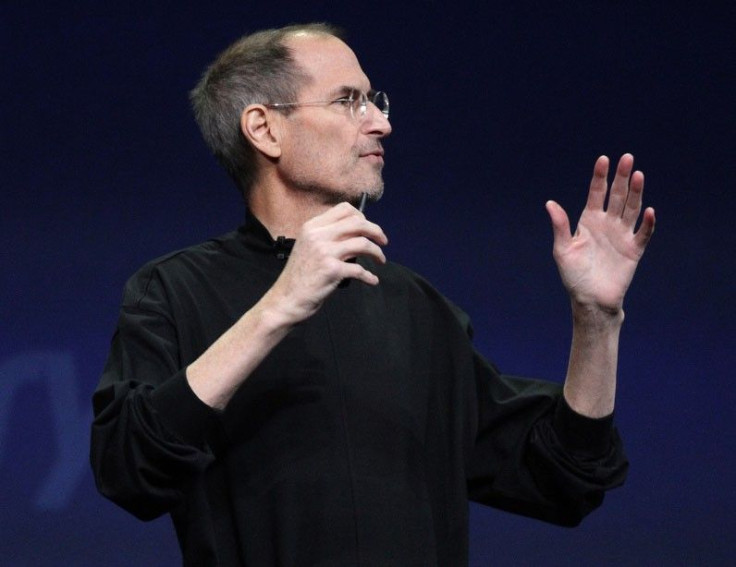It’s No iPhone 5, But Analysts Say Apple’s iCloud Is A Game Changer

While some consumers may have been disappointed at the lack of an iPhone announcement, tech analysts aren't as quick to dismiss Apple's main event this week, the iCloud.
At its annual Worldwide Developer's Conference (WWDC) event, Apple introduced the iCloud. The new service for all Apple devices will allow consumers to automatically and wirelessly store content in the cloud and push it to any device without them having to do anything.
Some people think the cloud is just a big disk in the sky... We think it's way more than that, Apple chief executive Steve Jobs said during the event.
iCloud keeps your important information and content up to date across all your devices. All of this happens automatically and wirelessly, and because it's integrated into our apps you don't even need to think about it-it all just works.
Music, photos, phone contacts, calendars, mail, apps, books and documents will all beth stored in the cloud. Any updates, saves and changes will be made automatically across all registered devices. Essentially, Apple wants digital life to be updated in the cloud instead of the PC.
We're going to move the digital hub, the center of your digital life, into the cloud. Everything happens automatically and there's nothing new to learn. It just all works, Jobs said.
Analysts say this service could be huge for Apple and possibly for the entire computing industry.
This is potentially game changing. It's a whole new way of computing where you're less dependent on PCs and local storage, Sterne Agee analyst Shaw Wu said to Reuters.
J.P. Morgan Research analyst Mark Moskowitz said in a note he thinks Apple has created a better cloud experience than Google and Amazon's offering. For one, Moskowitz expects greater support from content providers. Overall, he says the iCloud experience could transform the entire industry, moving away from hard drive storage.
This approach has prepared users for a cloud world, whereby the user does not need to possess/manage all of the data locally. We think that the next off-shoot will be that future PC offerings will rely more on SSDs, not HDDs, Moskowitz said.
© Copyright IBTimes 2025. All rights reserved.



















